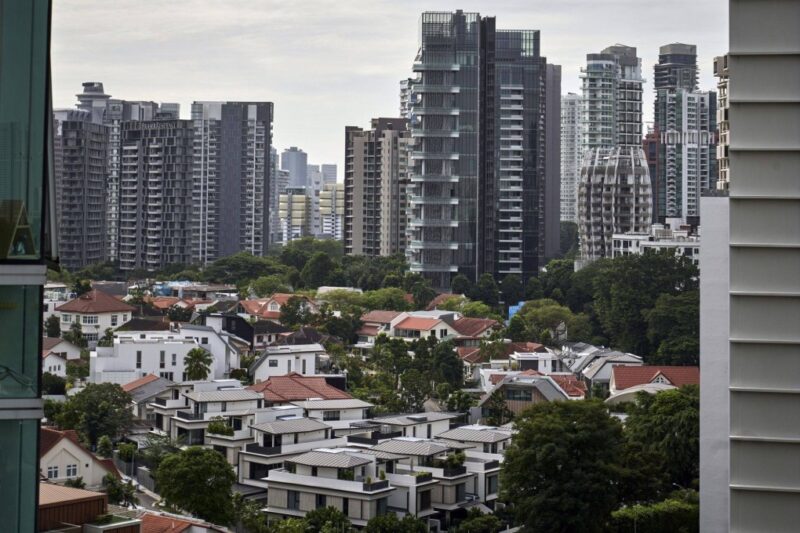Singapore’s rental market is a fascinating and dynamic landscape, especially for foreigners navigating this vibrant city-state. With its dazzling skyline and multicultural tapestry, Singapore draws expatriates from around the globe, all seeking a place to call home.
But as the cost of living escalates, the decision to rent or buy becomes more pressing. Is it worth locking in a property purchase in a city renowned for its efficiency and prosperity, or does renting offer greater flexibility and financial prudence? In this article, we’ll dive deep into the nuances of Singapore’s rental scene, exploring market trends, expenses, and practical considerations to help you make an informed choice.
Let’s unravel the complexities of finding the right living arrangement in one of Asia’s most alluring urban centers.
The Current State of Singapore’s Rental Market

The current state of Singapore’s rental market reveals a landscape marked by rising demand and limited supply, creating a unique tension that both locals and expatriates navigate daily. As the city-state rebounds from the pandemic woes, an influx of foreign professionals seeking residence has intensified competition, driving rental prices up in popular districts like Orchard Road and the Central Business District.
Developments such as River Green offer a compelling option for those looking to balance modern living with accessibility, often standing out for their quality and strategic location. Conversely, suburban areas remain more affordable but less sought after, presenting a dilemma for renters who weigh proximity against budget constraints.
With a mix of private condos, HDB flats, and landed properties on offer, flexibility remains key, yet the need for strategic timing is paramount—leases turn over quickly, and choice properties are rarely available for long. As such, understanding the nuanced dynamics of this market is crucial for anyone contemplating the decision to rent or buy.
Renting in Singapore: Pros and Cons

Renting in Singapore presents both enticing advantages and notable downsides for foreigners navigating the vibrant rental landscape. On the one hand, renting provides flexibility, allowing expatriates to adapt quickly to the dynamic nature of their work and lifestyle—ideal in a city where job opportunities can arise suddenly or change unexpectedly.
The extensive range of options, from chic apartments in the Central Business District to quaint homes in quieter neighborhoods, caters to diverse tastes and budgets. However, prospective renters should also consider the high rental costs, which can take a significant chunk out of their monthly budgets, especially in a city known for its soaring property prices.
Additionally, the competitive market demands swift decision-making and can lead to frustrations, particularly for those unfamiliar with local leasing practices. Ultimately, weighing these pros and cons is essential for foreigners contemplating their living situation in this bustling metropolis.
Buying Property in Singapore: AForeigner’ss Perspective

Buying property in Singapore as a foreigner can seem like navigating a labyrinth of regulations and nuances, but it is an enticing opportunity that many find worthwhile. The allure of Singapore’s robust economy, its strategic location, and its world-class infrastructure play a pivotal role in attracting international buyers.
However, the realities of ownership are layered—foreigners are typically allowed to purchase residential properties like condos, but the process can be riddled with additional taxes and restrictions that one must carefully consider. It’s essential to research thoroughly; understanding the market dynamics and the varying costs involved can mean the difference between a successful investment and an uphill struggle.
With a keen eye on the local landscape and patience to unravel the complexities, buying property can be a rewarding venture provided you’re prepared to engage in a market that marries luxury living with regulatory intricacies.
Conclusion
In conclusion, navigating Singapore’s rental market can be a complex yet rewarding experience for foreigners considering their housing options. While renting provides flexibility and access to vibrant neighborhoods, such as River Green, buying a property can offer long-term investment benefits and stability.
Ultimately, the decision to rent or buy hinges on individual circumstances, financial capabilities, and lifestyle preferences. By weighing the pros and cons and understanding the nuances of the local market, foreigners can make informed choices that best suit their needs in this dynamic city.



